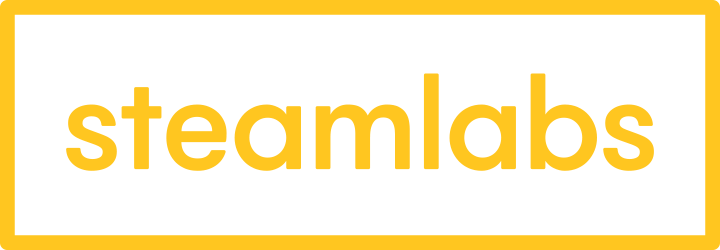Banner Designed by Michelle Ferrell
Artificial Intelligence can be scary at times. From movies showing the impending robot apocalypse, to our apps tracking our activity online and then advertising oh so tempting products, the concept of Artificial Intelligence can be daunting and intimidating. Our mission is to transform AI from something that happens to kids to a tool that they can use to solve their own challenges. AI can help enrich our lives for the better and reach heights we never imagined – only if we can harness its abilities in an ethical and responsible manner.
When it comes to regulating artificial intelligence, it is like the wild west. As a society we are figuring out the rules as we go. Is this ideal? Not in the slightest – the wild west was a lawless place after all! But it does give us – as educators – a unique position. It is our duty as educators to equip students with the knowledge & intuition to understand AI. They can then use these as tools in their lives; to be knowledgeable and proactive participants in the discussions that we must have as a society to ensure that AI is deployed with fairness, accountability, trust and ethics. AI is not just relevant to computer science students anymore. It is for students in the arts, music, and social sciences. The faster students everywhere can realize that AI is here to help them be the best version of themselves, the faster students will realize the importance of using it ethically and responsibly. To expedite that process we have started to create the Trustworthy AI educational toolkit. Just imagine – you are an educator not only teaching your subject to the best of your ability, but injecting ethical AI principles into your lessons. In the future, looking back, we will probably compare education without AI to those old flip phones without any apps. This toolkit aims to be a resource where non computer-science educators can come browse three different categories:
AI Activities: These AI tools focus on a specific topic that have a set path for students & educators to follow. These can usually be taught in a self contained lesson with connections to the curriculum being taught.
AI Frameworks: These tools focus on providing a curriculum that can be followed while integrating certain AI concepts. These are usually very malleable and can be integrated into an educator’s own required curriculum
AI Readings for Educators: These will be for a wide range of subjects, and read up on what type of AI tools are appropriate for students. These activities can range from an AI playing a duet with a music student, or teaching students about neural network basics using cooking recipes.
We want this Toolkit to be a product of continued collaboration & growth from fellow educators. We want students to have fun, develop a passion for learning, and a curiosity for AI. With these aspects in mind we would love for you to reach out to us with other AI activities you’ve used with your students. We will do our best to compile and describe all of the AI resources into the Trustworthy AI Education Toolkit to make it a collaborative AI resource for educators across the globe. It is our duty as educators to prepare the up and coming generation for an AI integrated world, by creating the Trustworthy AI Education Toolkit we hope to instill creativity, passion, ethics, and responsibility into the adults of tomorrow.
– Mohammad Tahsin
Trustworthy AI Toolkit Working Group
Banner Designed by Michelle Ferrell

